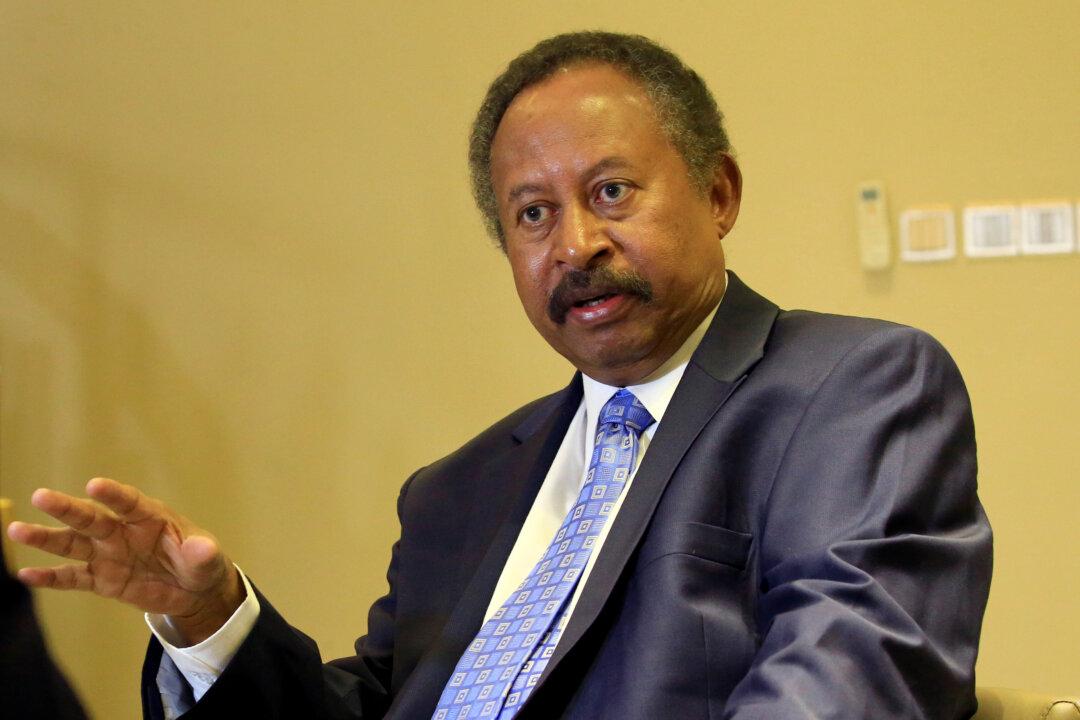Sudan’s transitional government on Sept. 3 agreed in principle to separate religion from the state, putting an end to 30 years of Islamic rule in the country.
A declaration to adopt the principle was signed in the Ethiopian capital, Addis Ababa, Thursday by Sudan’s Prime Minister Abdalla Hamdok, and Abdel-Aziz al-Hilu, a leader of the Sudan People’s Liberation Movement-North political party.





